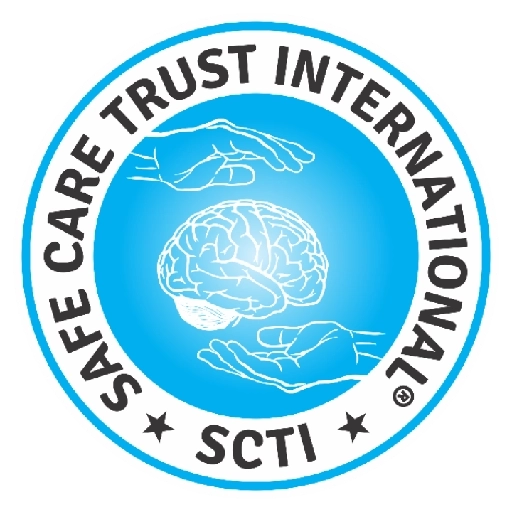Patients do not work out their negative behaviors (e.g., spending sprees or even becoming verbally or physically aggressive) in a vacuum. They have a direct effect on others around them. It is very difficult for even the most loving families or caregivers to be objective and consistently sympathetic with an individual who periodically and unexpectedly creates chaos around them.
Many patients and their families, therefore, cannot admit that these episodes are part of an illness and not simply extreme, but normal, characteristics. Such denial is often strengthened by patients who are highly articulate and deliberate and can intelligently justify their destructive behavior, not only to others, but also to themselves.
Often family members feel socially alienated by the fact of having a relative with mental illness, and they conceal this information from acquaintances. (This is particularly true if the patient is female and lives away from home.) People with more education are more likely to feel ostracized by their acquaintances than are those with less education.
Despite not being free or legally accessible, narcotics are nevertheless freely accessible to the general public. Some medications are so expensive that not everyone can afford them. Even still, the working class manages to find drugs every day despite not having enough money to meet their fundamental necessities.




